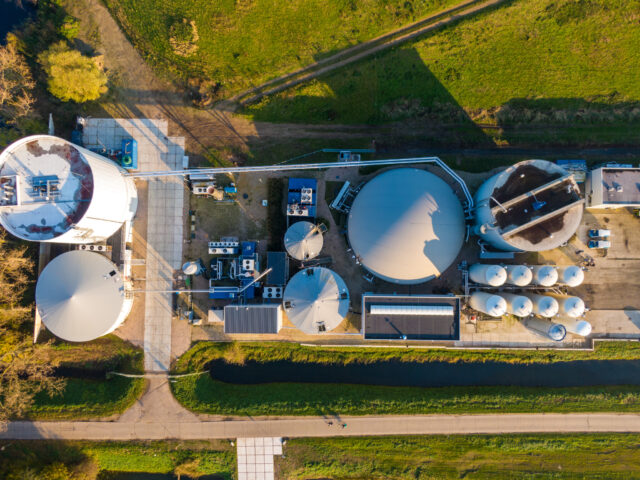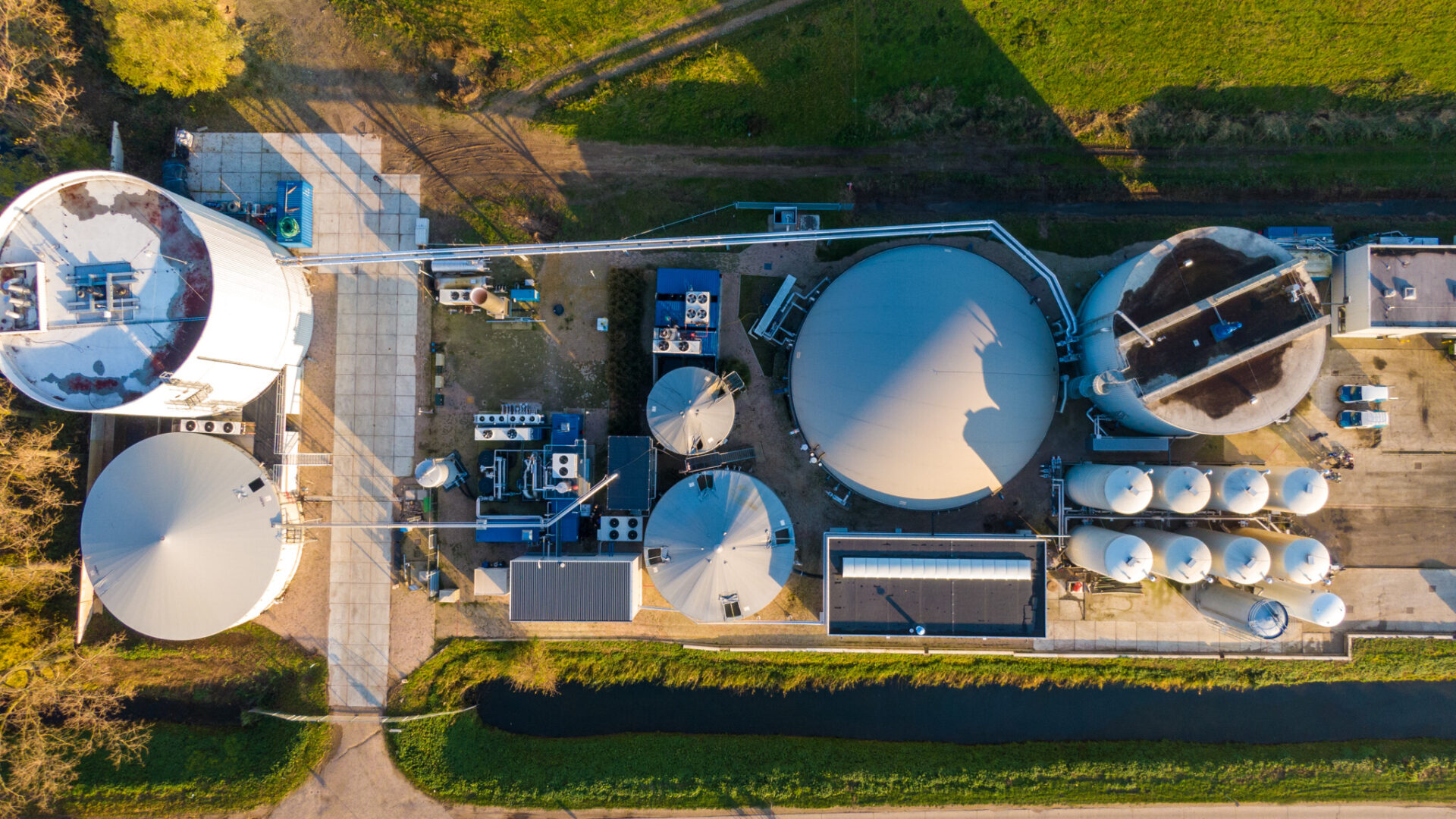Wabico takes big development steps within energy recovery & recycling

Improved biomethane production
The successful developments and expansions resulted in 2021 in optimised anaerobic digestion techniques, a monitored water purification and an energy recovery of 1,500 Nm3 of biomethane per hour. The most recent upgrade in 2020 of the new digester, the biogas upgrading and the connection to the nearby ‘Wastewater Treatment Plant (WWTP) Waalwijk’ has increased the biomethane capacity to approximately three times the capacity in 2015. Even during the expansion work, Wabico can continue to run undisturbed for a continuous biomethane supply which is indispensable in the energy transition towards more renewable energy.
“The goal at Wabico is to process the incoming regional organic residual streams in the most efficient way for energy recovery and recovery of other valuable raw materials. With an eye on the future, market demand and how the sustainable energy market is developing, that means continuous innovation. We accomplish this with the internal expertise of our engineers, operators and in good cooperation with local suppliers. We find this local approach important.”, says Tjeerd Smit, project developer at HoSt and director of Wabico.

Foundation of Wabico
The first shovel went into the ground in 2014, after which the first pilot installations were developed and the first experiments on a real scale were carried out. In 2015, the first biomethane from anaerobic digestion and using membrane technology was successfully fed into the gas grid. After the obtained permits for an expansion, a new digester, a new biogas upgrading system with more capacity and the biological water purification system, known as the ‘Sequencing Batch Reactor’ (SBR), were added. External heat exchangers were also installed and tested, which are now successfully in use at other projects.
Expansion and water purification
In a digester, organic residual flows are processed into biogas, with digestate as an additional residual flow. A second digester was added in 2018. An after-digester ensures that the content can stabilise. A technique has been built to capture the CO2 released during the biogas upgrading process. The captured and recovered CO2 is liquefied and used by greenhouses for necessary CO2 fertilisation for crop growth.
The biological water treatment system provides monitored water purification fed by air and bacteria resulting in digestate being cleaned to discharge water, stripped of ammonium and other contaminants. The thin fraction consists of nitrogen and organic waste and is purified with an active sludge process through nitrification and denitrification and leads to clean dischargeable water for discharge into the sewage system. The thick fraction is processed to biological fertiliser. In 2017 and 2021, a new SBR was realised for optimal further development.
